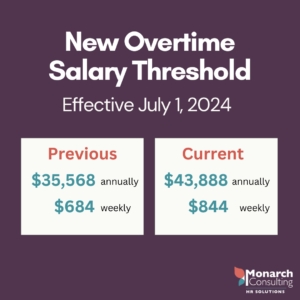Bridging the Gap: Why Bilingual Medical Benefits Matter More Than Ever
As workforces grow more diverse, employers need to rethink how they support healthcare access, starting with language.
Medical benefits only work if your employees understand how to use them.
Sounds simple enough. But for millions of Spanish-speaking workers in the U.S., accessing healthcare is anything but easy. Having health insurance isn’t enough if your employees don’t understand how to use it. That’s why more companies are making sure benefits information is easy to access in multiple languages, and why bilingual support and clear communication are becoming must-haves in 2025.
Why This Matters
The gap in understanding medical benefits is a quiet equity issue hiding in plain sight. When employees don’t fully grasp their healthcare coverage, because materials are only in English or the jargon is too complex, they’re less likely to:
- Use preventive care
- Choose in-network providers
- Understand out-of-pocket costs
- Know what services are free under the plan
This gap can lead to delayed care, poorer health outcomes, and higher costs for both the employee and the employer.
Trending Now: Bilingual Benefits Support
Forward-thinking companies are making medical benefits more accessible through:
Spanish-Language Plan Documents
- Including SBCs (Summary of Benefits and Coverage), enrollment guides, and ID cards.
Bilingual Benefits Counselors
- Available during open enrollment and year-round to help employees choose plans, find providers, and ask questions in their preferred language.
Health Literacy Tools
- Simple glossaries, explainer videos, and culturally relevant examples that break down concepts like deductibles, coinsurance, and out-of-pocket maxes.
Bilingual Telehealth & Care Navigation
- Employees can speak directly with providers or navigators in Spanish, which helps them avoid delays and miscommunication.
Why It’s Smart Business
Improving access isn’t just the right thing to do—it’s also a strategic win. Employers who invest in bilingual and culturally competent healthcare:
- See higher benefit utilization.
- Reduce emergency room visits.
- Improve retention and engagement.
- Foster a culture of inclusion and care.
At Monarch, we’ve seen how changes like offering enrollment meetings in Spanish or partnering with a broker who can speak your team’s language can make a big difference. When people feel understood, they’re more likely to engage with their benefits and actually use them.
Final Thoughts
Health benefits aren’t “benefits” if your team can’t use them. As the workforce continues to evolve, so should the way we deliver care and information. Offering bilingual support isn’t a perk, it’s a necessity. If you’re ready to make your medical benefits more inclusive, Monarch HR Solutions can help. We partner with carriers, providers, and internal teams to ensure your benefits are not only compliant but also accessible and understood by everyone on your team.
 En Español
En Español
















